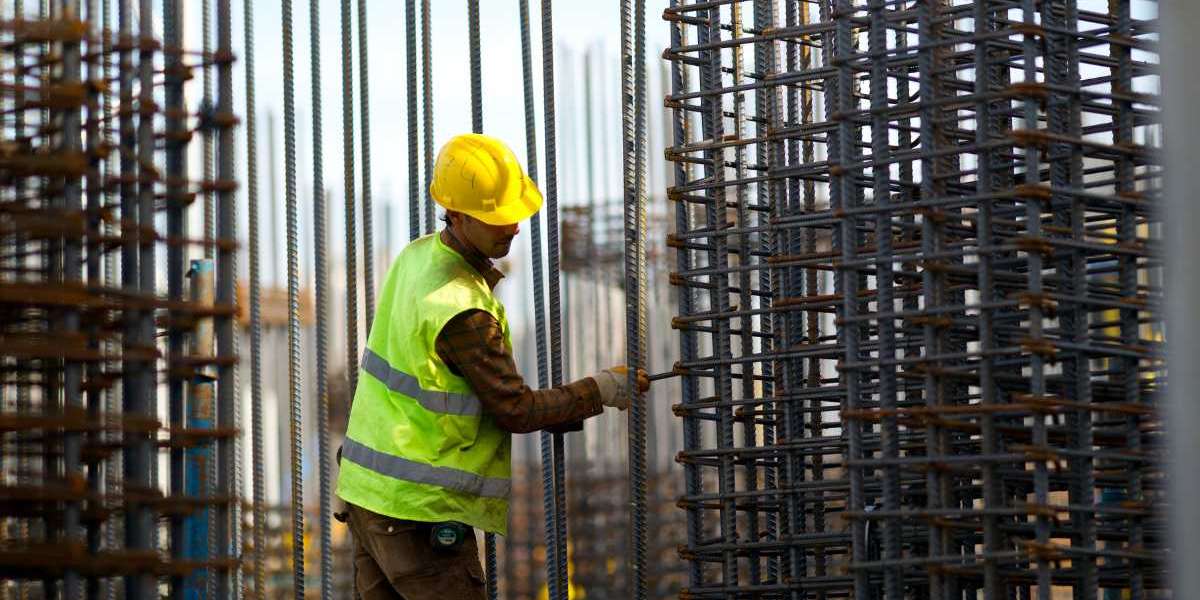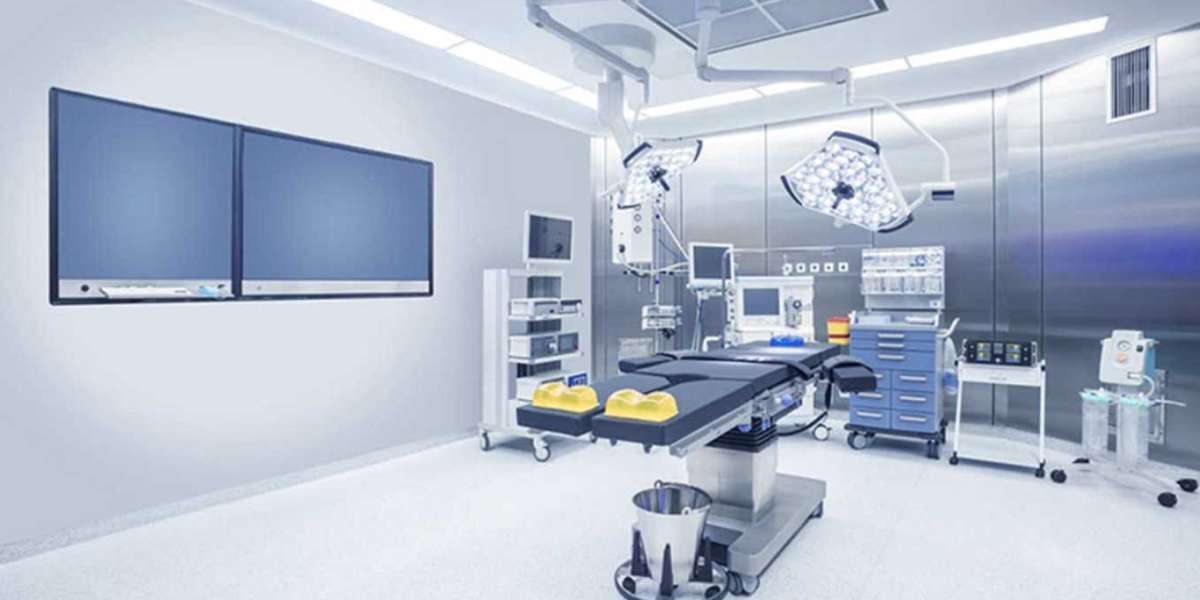TMT (Thermo-Mechanically Treated) bars are an essential component in modern construction, valued for their strength, flexibility, and corrosion resistance. Their demand continues to rise across India, but their pricing is shaped by a variety of factors, both global and domestic. For builders, contractors, and buyers, it is important to understand the key elements that influence the cost of TMT bars to make informed purchasing decisions.
Global Factors Driving Raw Material Costs
One of the primary drivers of TMT bar prices is the cost of steel, the main raw material used in their production. Steel production is heavily reliant on raw materials like iron ore and coking coal. In particular, the state of the worldwide market affects the price of iron ore.Any disruptions in major producing nations, such as Australia or Brazil, can impact supply and drive up prices. Similarly, demand fluctuations from large economies like China can also have a significant effect. Since iron ore is a critical input for steel production, changes in its cost directly influence the price of TMT bars.
Coking coal is another important raw material, and its price is equally subject to global market dynamics. Any changes in its cost, whether due to supply shortages or increased demand, can cause a ripple effect on the overall cost of producing TMT bars.
Domestic Market Conditions and Regional Influences
In India, the domestic demand for TMT bars is closely linked to the construction industry. Large-scale infrastructure projects, residential and commercial construction, and government initiatives are major factors in determining demand. Typically, demand spikes before the monsoon season and during festive periods, leading to an increase in prices. During economic downturns or periods of slower construction activity, demand may drop, causing prices to stabilize or fall.
In addition to national trends, regional factors also play a crucial role in determining prices. Areas with high construction activity, such as major cities or rapidly developing regions, may see higher TMT bar prices due to increased demand. Transportation costs also impact pricing, with regions that are harder to access or have higher logistical expenses experiencing elevated prices.
Conclusion
Today, a number of factors, including domestic demand, regional construction activity, global raw material pricing, and logistical considerations, affect the price of TMT bars in India. For anyone involved in the construction industry, staying informed about these pricing dynamics is essential to ensure cost-effective purchases and planning.
Find top-quality steel at unbeatable prices with Steeloncall at our website: www.steeloncall.com. Explore our wide selection online or call 18008332929 for personalized assistance today.








